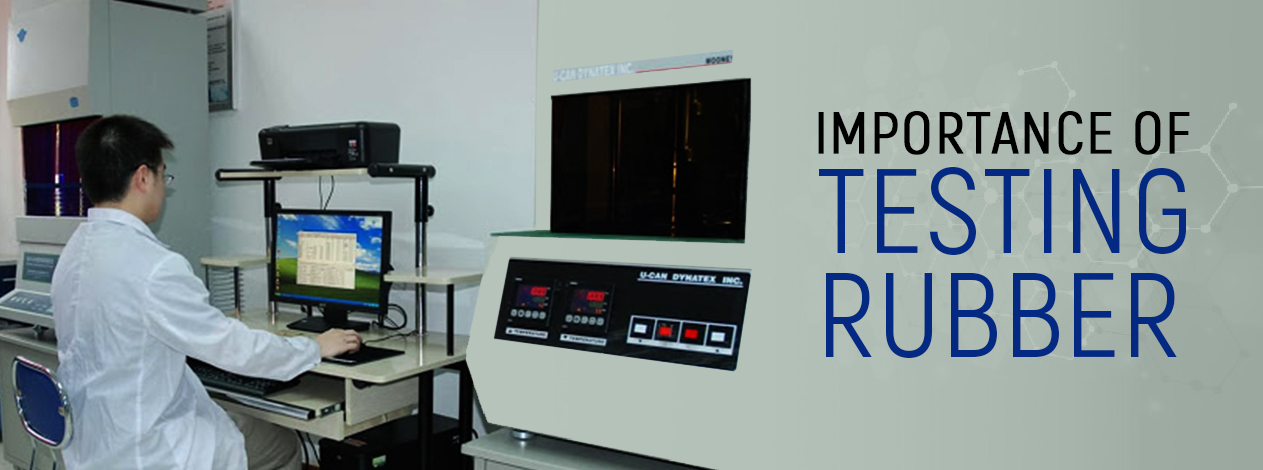The Significance of Testing Rubber Before Application
One way to avoid catastrophic failure within heavy-duty manufacturing applications is by proper rubber testing. Even though rubber is known for its tensile strength, elasticity, and durable characteristics, it is still susceptible to failure. Therefore carrying out proper analysis and fatigue testing before use is essential.
Let us have a look at the 4 common reasons why rubber products fail and what causes them to fail.
1) Time and Temperature Dependency
When rubber for an application, it is always selected keeping longevity in mind There can be a rapid increase in extreme temperatures occurring regularly that can potentially compromise the fatigue life of rubber compounds. If the rubber product being used can’t keep up with such temperatures, eventually it will cause failure. This is why prior material testing and fatigue testing needs to take place. The outcome of avoiding testing the rubber product before could end up being catastrophic.
2) Negatively Affected by the Operating Environment
The most common cause of rubber fatigue is environmental influences. By testing the efficacy of the rubber before the application, you avoid failure and can be sure that you are using the right compound with the right characteristics. Creating a high-quality fatigue testing process by recreating the applications your rubber product will be working in. The outcome of this is that you will be left with a highly accurate idea as to how your rubber component will perform for a specific application before using it.
3) Mechanical Failure
When it comes to rubber manufacturing, there are two types of mechanical failure: ductile failure and brittle fracture. In the case of ductile failure, rubber material begins to crack due to high strain. Here, the cracking of the material usually progresses slowly, with deformation of the rubber occurring side by side. If ductile failure is characterized by a failure under high strain, then brittle fractures occur due to low strain.
4) Poor Material Choice
Material testing is essential to ensure the rubber you are using has the characteristics to be compatible with the operating conditions and will be able to handle the performance requirements of the application. It is important to check if the material has thermal, electrical, and environmental properties that the application demands.
Testing Rubber with Harkesh Rubber Can Help You Avoid Failure
Are you looking to understand if your rubber product will work and how it will perform? Harkesh Rubber can help you with this. Using expert rubber analysis and validation with the help of practical, real-world testing or simulated environments – Harkesh Rubber has the capability to support your material choice.








